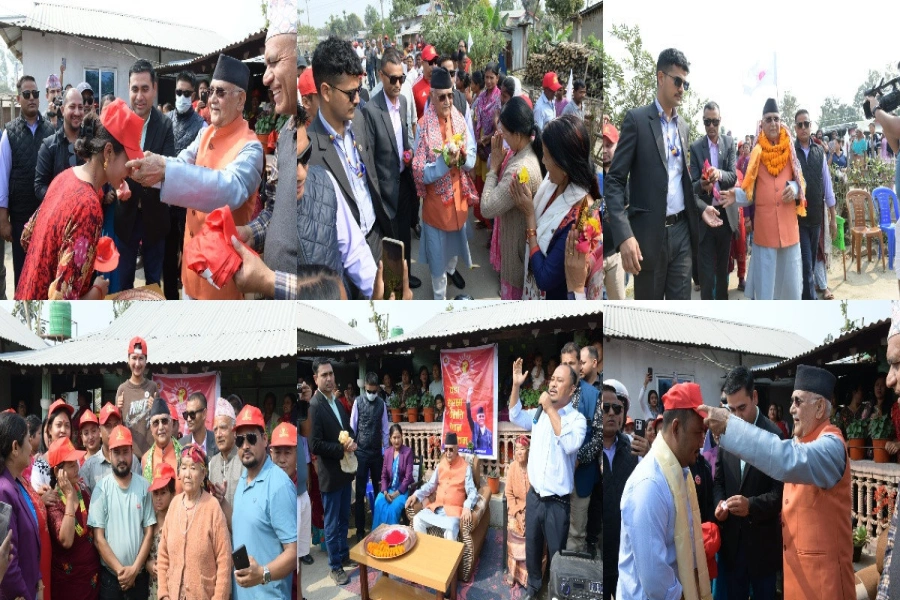Arrest of Mohammand Aftab Alam
Finally, Mohammad Aftab Alam, a Nepali Congress lawmaker, has been arrested on the charge of committing several murders in Rautahat in April 2008. His involvement in what can be called a ‘massacre’ offers a horrifying picture of Nepal’s crime-politics nexus. As our report confirms, Alam was bent on causing deaths and destructions. On April 9, 2008, a day before the first Constituent Assembly elections, Alam mobilized his cadres to carry and detonate bombs at various polling booths and the houses of rival candidates with the intent of terrorizing the voters and capturing polling stations. To execute the plan, bombs were being manufactured at a cowshed, where the bombs are said to have exploded. It later emerged that around 20 Indian nationals were seriously injured when the bombs exploded. Fourteen people instantly died and eight were seriously injured. Doctors from Gaur Hospital were brought to treat the injured but later 14 dead and eight injured were allegedly thrown into the furnace of a brick kiln to destroy the evidence. Alam was the mastermind of this gruesome murder. When the families of the deceased cried for justice, local administration and court refused to take up complaints. Finally, the case was registered at the Supreme Court accusing Alam of committing murders. The court ordered the arrest of Alam and others involved in the cases but police did not arrest him. Justice denied, and Alam and other accused were given impunity, Alam won the 2008 CA elections and also became the minister of Labor and Transport Management. Later one of the writ petitioners was mysteriously killed. Alam contested the parliamentary elections in 2017 yet again and won. Now, police investigation has shown that Alam had killed at least eight of the injured witnesses in a brick kiln.
Protests, Power and the Price of Neglect

What sounds like the plot of underworld movies has actually become the hallmark of Nepali politics. Politicians, whatever crime they have committed, find a way to escape prosecution and grab the top posts. Alam’s story is but one. Take Resham Chaudhary, now the lawmaker from Rastriya Janata Party Nepal (RJPN), who is serving a sentence in connection to Tikapur massacre of 2015. Instead of allowing him to serve the jail term, the RJPN has been demanding his early release. Deepak Manange, a notorious gangster, has managed to become a provincial lawmaker despite a number of cases against him in court. Narad Muni Rana, accused of red passport misuse, is the lawmaker from ruling Nepal Communist Party. We have these tainted people in the parliament because they enjoy protection from one or other political party. When they are arrested, party cadres rampage through the streets. In Alam’s case, Nepali Congress cadres have staged protests in Gaur and obstructed vehicular movement. They have threatened to intensify the protests if Alam is not released.
It is when the political parties protect criminals, politicians like Alam rise. But the political parties themselves resist when measures are taken to bar criminals in politics. During the deliberation on electoral laws in 2017, for example, at least some parties had stood in favor of prohibiting those accused of crimes against contesting the elections. But Nepali Congress stood against it. If we had stringent provisions against crime-accused, Alam would not become the lawmaker. The case of Alam should be a wakeup call for all political parties to dismantle criminalization of politics and politicization of crime—one stigma of shame on Nepali politics. There should be firm resolve among political parties to eliminate criminal elements in their respective parties. But since such resolve still looks like a distant possibility, civil society and Nepali press should keep raging against politicization of crime. Impunity, followed by crime, should not become the hallmark of Nepali politics anymore.




































